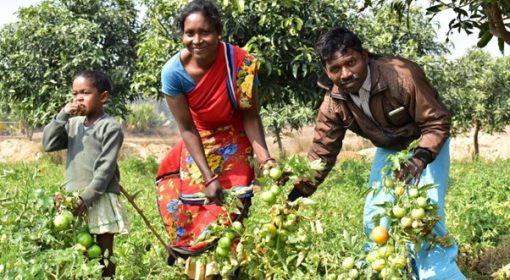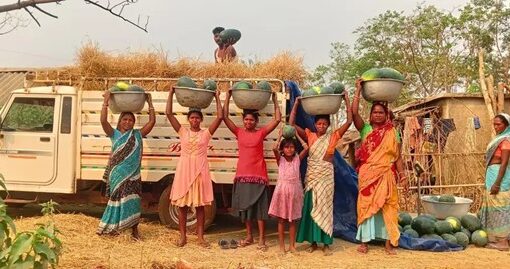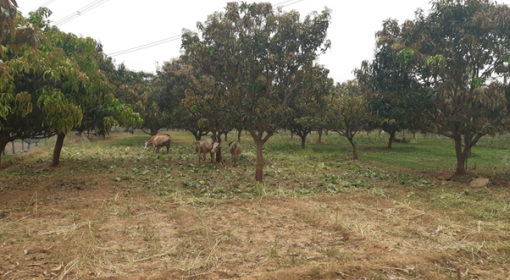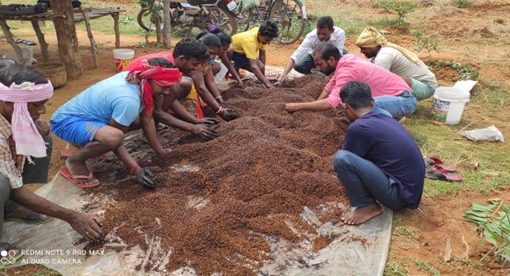By Arpan Mondal, Anushree Mitra
This blog discusses something that might be very commonly available to us but has impacted the lives of smallholder farmers in India — Watermelon!
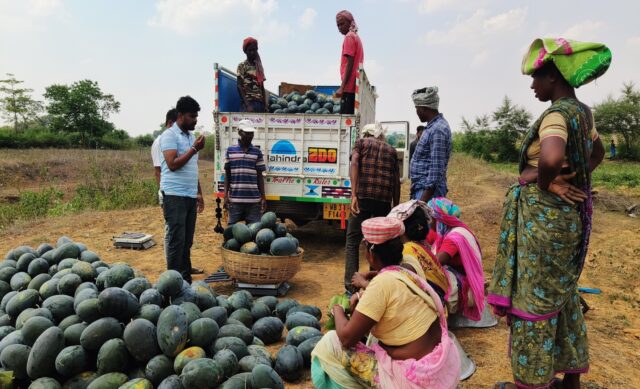
Over the last two years, due to very little rainfall, the conditions in Torpa, Jharkhand, have become even more drought-like, making it difficult for farmers. The two years of Covid further worsened the state of farmers in Jharkhand, India. Farmers often need help with production, market linkages, and adequate prices. Jharkhand’s Khunti district is primarily a single seasonal cropping area where farmers cultivate mainly paddy during the rainy seasons, and the fields remain fallow for the rest of the year. Due to climatic conditions and low investment in natural resources, farmers depend only on cultivating traditional crops.
Luckily, the technical support and quality services of the Farmer Producer Organisation (FPO) changed the fortunes of the farmers. If farming is done with the correct information and scientific methods, these problems can be solved, and the benefits can also be increased. Something similar has been done by establishing Torpa Mahila Krishi Bagwani Swablambi Sahkari Samiti Limited (TMKBSSL).
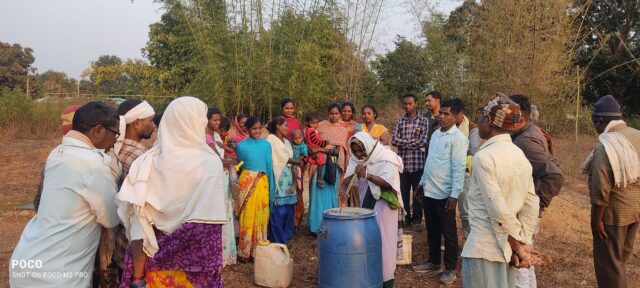
Post the scope analysis, it was found that watermelon is a profitable crop, and the local Civil Society Organisation began demonstrating scientific watermelon cultivation with the farmers on 20 acres of land. Knowing that watermelon is a high-value crop, farmers use the rampant application of chemical fertilizers and pesticides for watermelon cultivation to increase watermelon size and protect these fruits from major insect pests like the red pumpkin beetle. Considering agro-climatic conditions of the Khunti region, a package of practice (POP) of watermelon was designed with an objective of a 50% reduction of chemical fertilizers and pesticides in the first year of the Green Transformation Pathways (GTP) program, which helped to reduce the input cost as well as contribute to a more sustainable form of farming. Devendra Singh, from the experimental plot of Kocha village, quoted;
“Hum kabhi tarbuj ki kheti nahi karte the lekin is saal hum log khud se kiye aur sikhe. Jis jamin pe 7-8 saal ki kheti nahi hoti thi, itna tarbuj ho sakta ha mujhe vishwas hi nahi ho raha hai, wo bhi itna kam rasayanik istemal karke”. “I did not do watermelon cultivation before. Still, I did it this year and learned from it. It was great learning for me how watermelon cultivation can be regenerative in the land where land has been fallow for 7-8 years”.
Increase in farmers’ income due to watermelon cultivation and the role of the FPO.
The initial and primary stages involved identifying potential farmers with access to year-round water sources who showed interest in cultivating watermelons. The selected farmers were given training on pest management and fertilizer schedules. They were sent on exposure visits to get confidence to grow the crop. Several initiatives were taken, like meetings and training at the village, panchayat, block level (local governance), and cross-learning camps to raise awareness about watermelon production techniques and benefits.
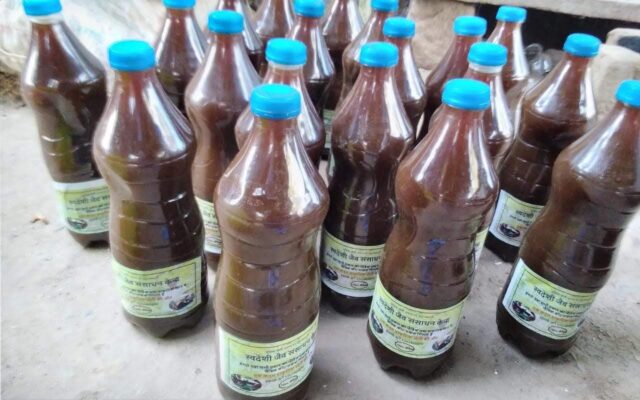
The FPO helped the farmers get disease-free organic seedlings, different bio fertilizers, bio pesticides, and other quality agro services.
This year, watermelon cultivation occurred in Torpa Block on about 290 acres of land with more than 400 farmers. The average watermelon production was eight metric tonnes (8 MT) in this zaid season, and an additional earning of 70 to 80 thousand INR (roughly around 884 Euros) was added to the farmer’s pocket. The FPO provided marketing support for 195 metric tonnes of watermelon this year. The average rate of watermelon was Rs. 8-12/kg this year, and it was supplied to different large markets like Kolkata, Asansol, Ranchi, Patna, Deoghar, and other corners of India. FPO transaction has increased by around Rs 11 lakh till now just from watermelon, which significantly impacted the farmers. These efforts have helped build confidence among farmers as they have been helped in output marketing, supplying inputs at low cost, getting time-to-time technical knowledge, and ultimately leading to significant income from FPO.
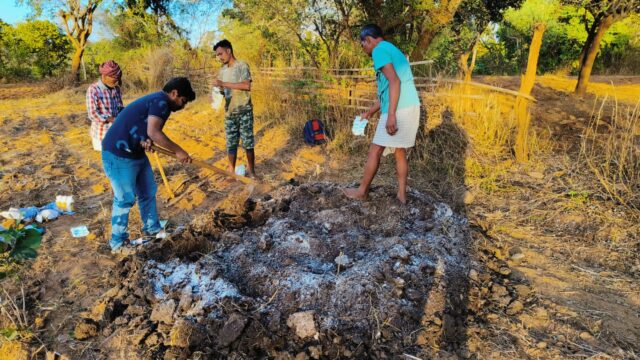
In a dry and rough terrain region, where a lot of land used to be kept fallow, watermelon, a high-value crop, is cultivated on a large scale. This has reduced their complete dependence on traditional produce as well. This was done in a regenerative approach but also brought the community together, increased their awareness of different farming methods, and enhanced their income. The FPO not only made the agri inputs and utilized them locally but also increased the reach of their market and reduced the dependence on the middlemen by collective selling. In a place where farmers are always helpless in the face of climate, terrain, and other adversities, they learn and earn much more than they could have imagined. Hopefully, the next time we see a watermelon in the markets, we will be reminded that for some people, it might be a regular fruit, but for some farmers, it can change their lives for the better.
